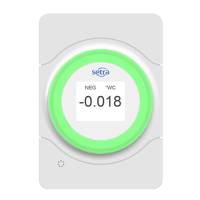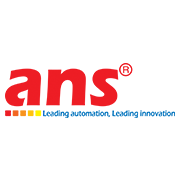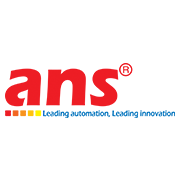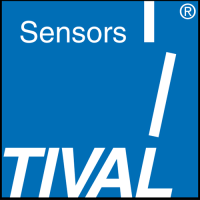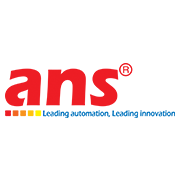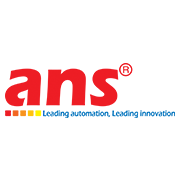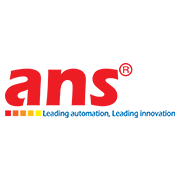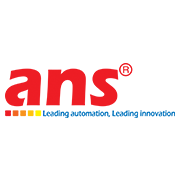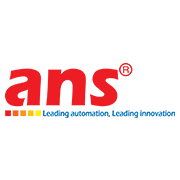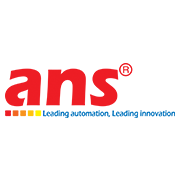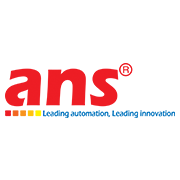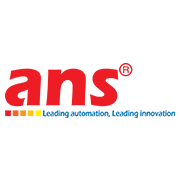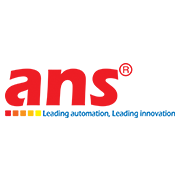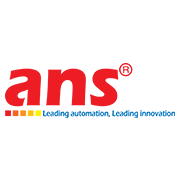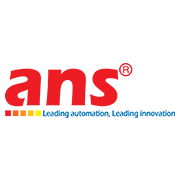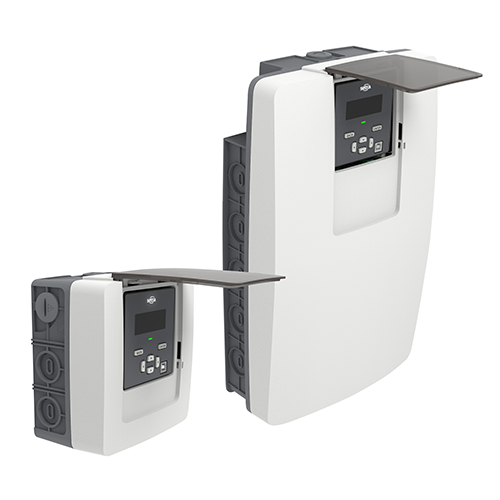
Setra Power Meter - Setra VietNam
Hãng sản xuất: Setra VietNam
| Mr Tính |


|
 0345038849 0345038849
|
|
 thanhtinh@ansgroup.asia thanhtinh@ansgroup.asia
|
|

|
Đang online | 47 |

|
Lượt truy cập | 41345478 |

Networked Multi-Load Power Meter
You've been waiting, and it is almost here. Setra's NEW Power Meter is made with you in mind. Available in 3, 12, and 48 load options.
The Power Meter from Setra is a networked revenue grade power meter built on a versatile and powerful platform designed to meet the high demands for any submetering application. Available in a 3, 12 or 48 load configurations, the meter enclosure & intuitive web portal interface significantly reduce installation time and cost per metering point. The Power Meter 12 & 48 load meters come standard with dual voltage inputs, and all versions are field configurable for use of standard or Rogowski style current transformers, enabling safe and accurate measurement of both low and high amperage services.
Easy installation and configuration
Every Power Meter was painstakingly designed to simplify the installation process on the job site or at the office. The enclosure of the power meter is its own NEMA 1 rated electrical enclosure, eliminating the need to purchase an electrical panel for the job, saving both time and money. The field rotatable display allows the installer to put the conduit holes exactly where they need to be for any mounting configuration, even in the tightest locations in the electrical room. Setra’s on-board web portal interface allows for safe pre-configuration of all parameters before, during, or after the meter has been installed. The web portal not only gives the user the ability to pre-configure the meter, but also offers the ability to access powerful analytics and installation tools directly through the USB or communication connection.
Field selectable communication (5 in1)
Each Power Meter comes standard with field selectable BACnet and Modbus communication protocols. The communications interface is through either an EIA-485 serial connection (BACnet MS/TP or Modbus RTU) or over Ethernet (BACnet/IP or Modbus TCP). Along with these advanced network communication protocols, the Power Meter offers one configurable pulse output and two configurable pulse inputs, enabling more data collection at the meter
Multi-load monitoring & data logging
Multi-load monitoring provides the granularity needed to drive energy savings and manage usage at a load level. Leveraging the dual-voltage inputs on the 12 & 48 models the user can measure any combination of single, dual or three phase service up to the amount of CT inputs on the meter. Every version of the Power Meter comes standard with data logging capabilities, allowing the user to gain access to the data for up to 62 days, using the web portal software.
Safe access without PPE
All aspects of the Power Meter enclosure and interface were designed to protect the user from harm. Setra’s NFPA70E compliant USB interface allows the user to safely make configuration changes or access data without having to wear PPE or shut down the service to panel. All Power Meters come standard with a 200 KAIC fuse, making it one of the highest rated devices on an electrical system and exceeding most requirements to make it the safest meter on the market.
Typical Applications

ANS Vietnam (Anh Nghi Son Service Trading Co., Ltd.)
Add: 135 Đường số 2, Khu Đô Thị Vạn Phúc, P. Hiệp Bình Phước, Q. Thủ Đức, TP. HCM, Việt Nam
Tel: 028 3517 0401 - 028 3517 0402 - Fax: 028 3517 0403 - Hotline: 0911 47 22 55
Email: support@ansgroup.asia;
Website: anhnghison.com

 Hotline
Hotline anhnghisonhcm
anhnghisonhcm